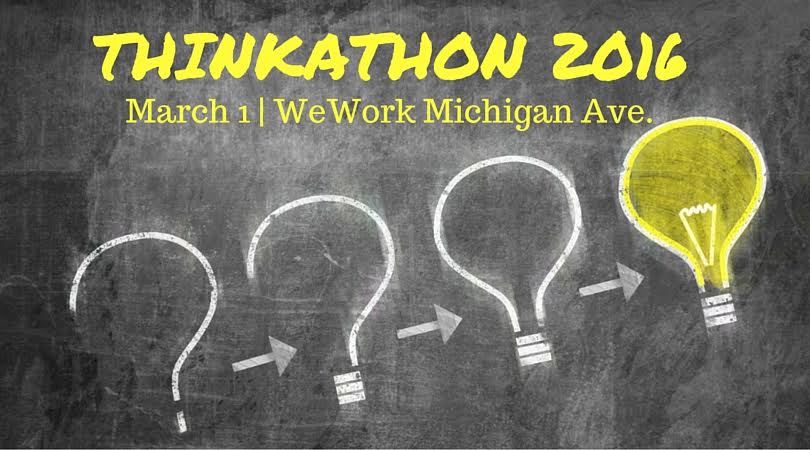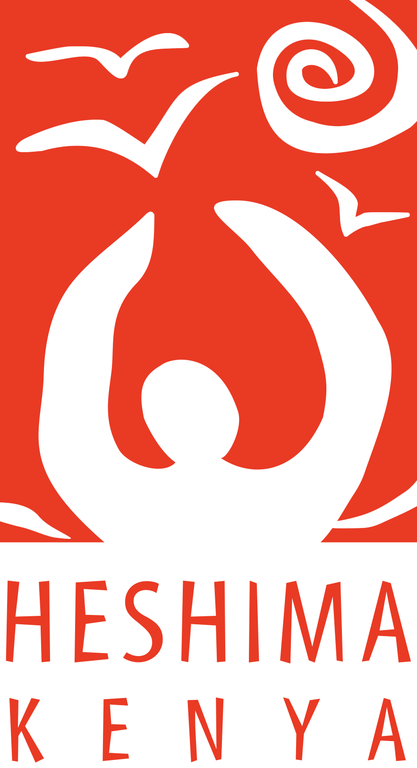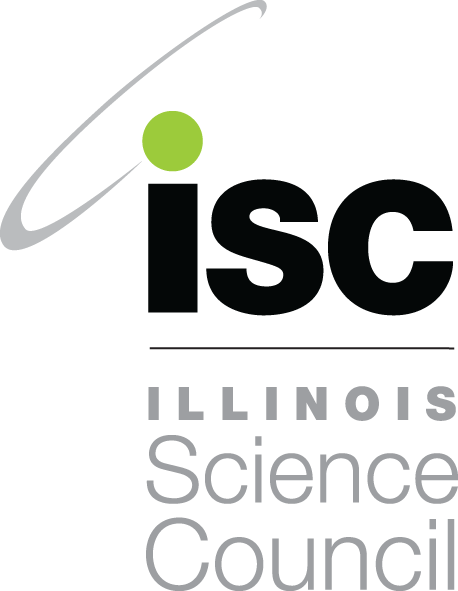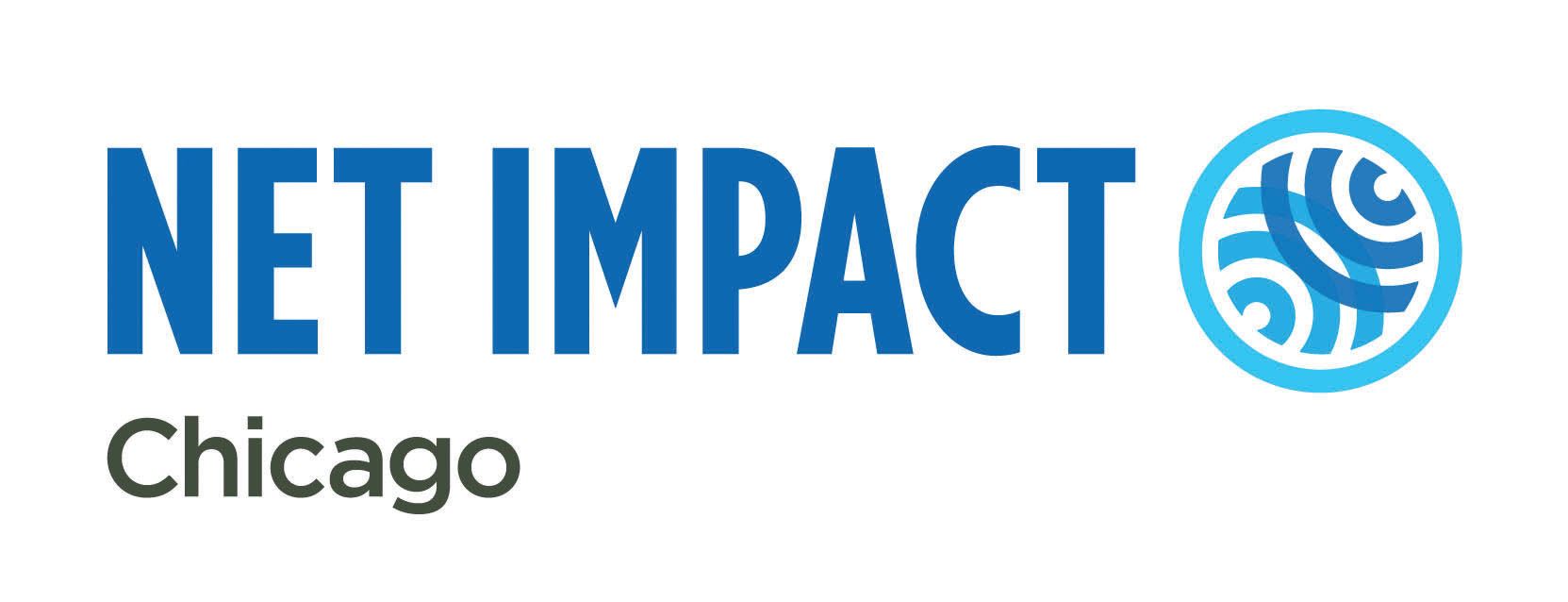
Join us for the second annual Thinkathon! Our first was so well received we're bringing it back to start off the year engaging with our community and giving you a great opportunity to discuss and network.
This year's Thinkathon will take place 6:30-8:30pm at WeWork, which has generously offered their co-working space near Grant Park for the event. Beer and refreshments will be served.
The premise is simple: we want to foster good conversation and engage you in shaping the future of the NIC chapter. Our scope is broad – we're a group of professionals that seek to leverage business as a force for positive social and environmental impact. With your help, we want to have an open discussion about how we build a meaningful and connected community in Chicago that aligns with this purpose. And of course, there will be plenty of time to network with like-minded Chicago professionals.
To help us engage around key impact-related issues, we're inviting leaders and change makers in the social impact and environmental sustainability movements to facilitate breakout sessions. We are pleased to have three amazing facilitators on board: Marc Lane, a prolific author recognized for his expertise in advocacy investing and social entrepreneurship; Michael Slaby, an expert and leader focused on innovation, technology, and development; and Monica Metzler, who founded a nonprofit that increases awareness and appreciation of science. The topics of their breakout discussion groups will be developed in the coming days, so keep checking this page and your inboxes for more details!
(This event is 21+ only.)
 AGENDA
AGENDA
6:30-7:00pm Networking reception
7:00-7:45pm Breakout discussion groups (pre-registration for breakout groups is encouraged and will be open in advance)
7:45-8:30pm Collective brainstorming session and networking

BREAKOUT SESSIONS
A – Collaboration for change: How can we take a multi-sectoral approach to social problems?
Marc J. Lane, a nationally recognized business and tax attorney with 35 books under his name, has extensive experience in advocacy investing, social enterprise, and creating legal environments to foster both. In this session, he will help us explore how impact investors, social enterprises, governments, traditional for-profits, and non-profits can collaborate to create lasting solutions to social problems – and how they can do so on a large scale. Over time, actors across sectors have realized that working together (instead of against each other) can yield the best results for all sides. Indeed, they have questioned the very idea that there are different “sides” to begin with, and multi-sectoral collaboration has been touted as a best practice. However, collaboration is easier said than done, especially when we’re looking for large-scale impact. Marc has been on the front lines of this effort, fighting for innovation in how we think about business and social impact. Together, we will ask: What are different stakeholders in social ventures are really after? How do you mix and match social and financial returns? How do you ensure that the interests of all stakeholders are aligned at the outset and remain so? What roles do business model and legal structure play in scaling up lasting solutions to social problems?
B – Skill-based volunteering: How can professionals help nonprofits and nonprofits leverage the help?
Monica Metzler spent years as an attorney and policy wonk during which she volunteered with a variety of nonprofits. She left the legal and political worlds to found the Illinois Science Council, a volunteer-driven nonprofit that raises public awareness and understanding of science, technology, engineering, and math (STEM). In this session, Monica will facilitate a discussion of skills-based volunteering and what the benefits and burdens are for both organizations and the professionals volunteering with them. If you are a professional who would like to contribute to an organization beyond stuffing envelopes or writing a check, where would you begin? Are your professional skills wanted or needed by nonprofits, or is that just for lawyers and accountants? What kinds of nonprofits are looking for professional volunteers and how would you find them? What types of roles and responsibilities can skills-based volunteers have? How does being a pro bono consultant differ from serving on a board? This discussion will explore who seems to get the biggest benefit from skills-based volunteering arrangements, and who actually does.
C – Wired for impact: How should mission-driven organizations and individuals use technology?
Michael Slaby has extensive experience as a technology strategist in political campaigns, government, nonprofits, venture capital, and large agencies. In using the power of innovation to tackle some of society's largest challenges, Michael has seen new media and technologies introduce more and more messages, paths, networks, and players. In this session, he will help us answer key strategic questions: How can organizations of all kinds leverage the increasingly complex media and technology landscape to engage effectively with stakeholders, build and activate communities, and drive positive impact? Given the fact that embracing and articulating coherent values is of growing importance to organizations, how can they use media and technology to communicate their values authentically and effectively? What kinds of challenges or pitfalls should organizations keep in mind when trying to use emerging technologies in this way?
 PARTNERS
PARTNERS
 We are honored that Heshima Kenya will be present at the Thinkathon to share their story. This Chicago-grown non-profit organization specializes in identifying and protecting unaccompanied and separated refugee children and youth living in Kenya, especially girls, young women and their children. Their shelter, education and community outreach services, coupled with local resources and the refugee community, empower this population to live healthy lives. By providing resources for long-term support, these girls and young women become catalysts for strengthening networks and creating sustainable change within the local and global communities. Part of their efforts include a fast-growing social enterprise called The Maisha Collective, which produces beautiful scarves and accessories that will be available for sale at the Thinkathon.
We are honored that Heshima Kenya will be present at the Thinkathon to share their story. This Chicago-grown non-profit organization specializes in identifying and protecting unaccompanied and separated refugee children and youth living in Kenya, especially girls, young women and their children. Their shelter, education and community outreach services, coupled with local resources and the refugee community, empower this population to live healthy lives. By providing resources for long-term support, these girls and young women become catalysts for strengthening networks and creating sustainable change within the local and global communities. Part of their efforts include a fast-growing social enterprise called The Maisha Collective, which produces beautiful scarves and accessories that will be available for sale at the Thinkathon.
 One of our three facilitators, Monica Metzler, founded ISC on the premise that appreciation of science and technology enhances our appreciation of our world and ourselves. It makes us better decision makers, smarter consumers, more knowledgeable voters, and better-informed citizens. ISC engages, educates, and entertains the adult public in Chicago about science, technology, engineering, and math (STEM) in our everyday lives. Exploring all areas of science and technology, ISC uses a fun, non-stuffy approach to help us continue to exercise our inexhaustible human curiosity. The organization's engaging programs include hands-on chemistry, panel discussions on science subjects in the news, author talks, film screenings, and more.
One of our three facilitators, Monica Metzler, founded ISC on the premise that appreciation of science and technology enhances our appreciation of our world and ourselves. It makes us better decision makers, smarter consumers, more knowledgeable voters, and better-informed citizens. ISC engages, educates, and entertains the adult public in Chicago about science, technology, engineering, and math (STEM) in our everyday lives. Exploring all areas of science and technology, ISC uses a fun, non-stuffy approach to help us continue to exercise our inexhaustible human curiosity. The organization's engaging programs include hands-on chemistry, panel discussions on science subjects in the news, author talks, film screenings, and more.





